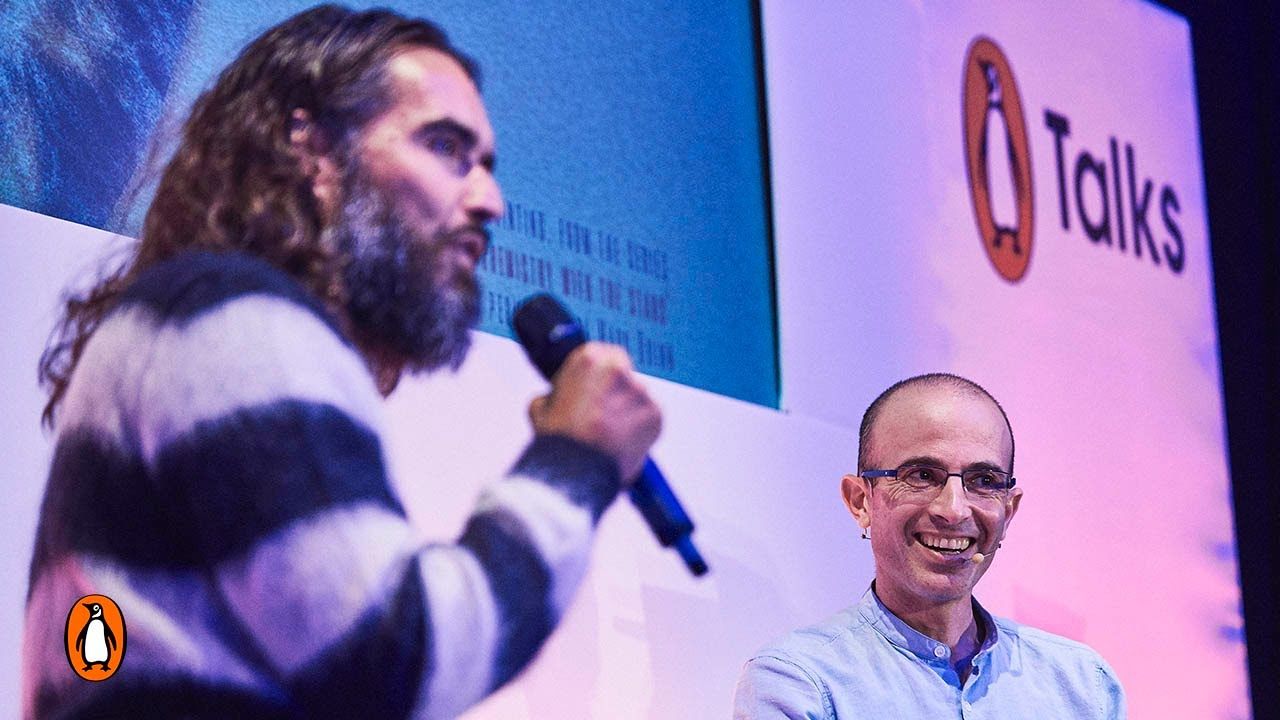It’s a cybersecurity arms race.


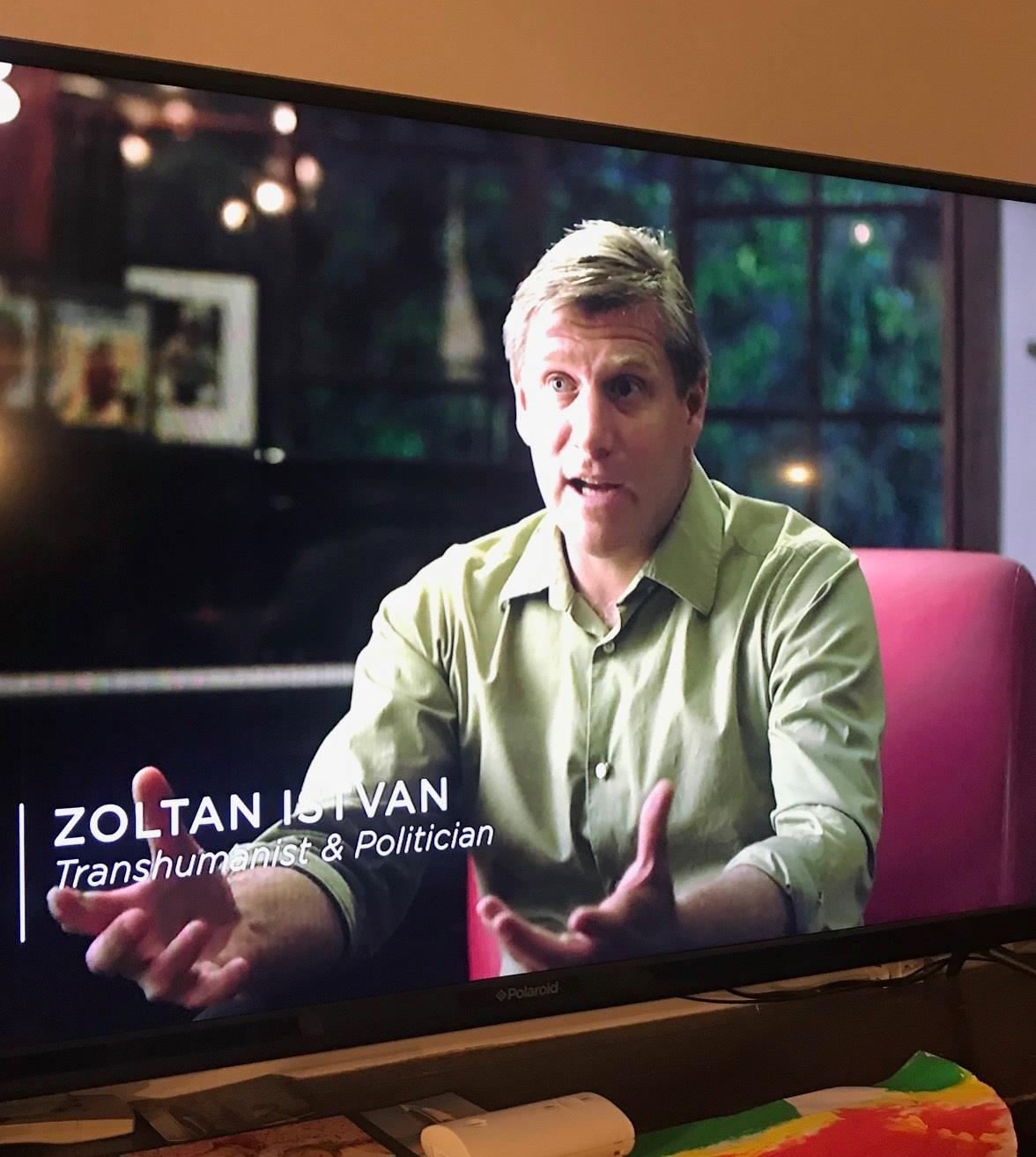
I’m in a popular new Netflix series called A User’s Guide to Cheating Death hosted by Timothy Caulfield. In “Season 2, Episode 5, Body Hacking”, my transhumanism work appears throughout the film but my longer interview feature section is near the end of the hour show. Lots of other transhumanists and biohackers in it too: Give it a watch! https://www.netflix.com/title/81015026


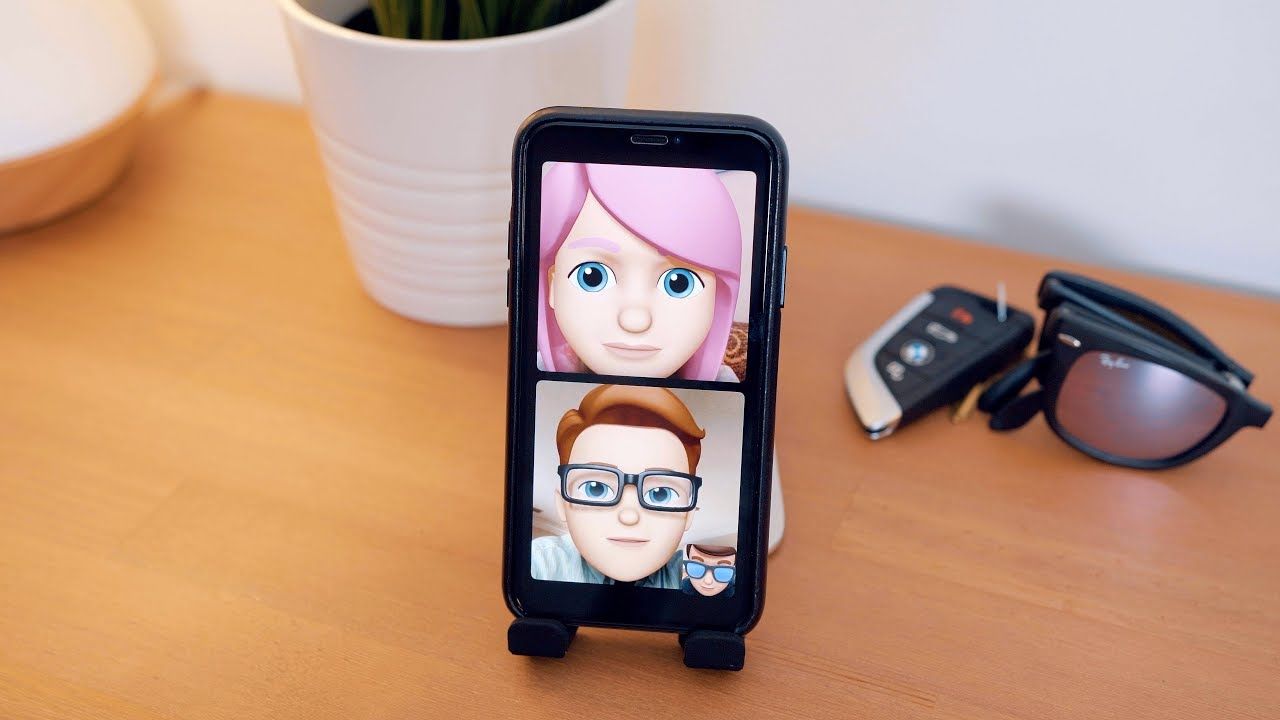
Group Facetime. I think this means we are closer to platforms that can support Virtual Reality… #Holodeck
Apple today released iOS 12.1, the first major update to the iOS 12 operating system designed for the iPhone and the iPad. iOS 12.1 comes more than a month after the September release of iOS 12 and a few weeks after iOS 12.0.1, a bug fix update.
The update is available on all eligible devices over-the-air in the Settings app. To access the update, go to Settings — General — Software Update. As with all iOS updates, iOS 12.1 is free to download.
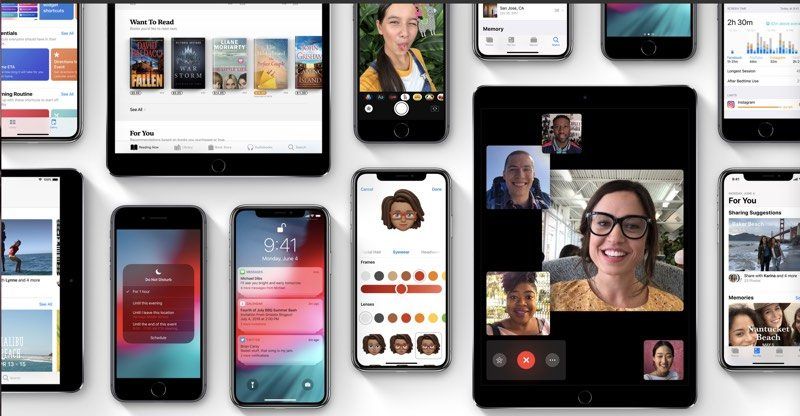
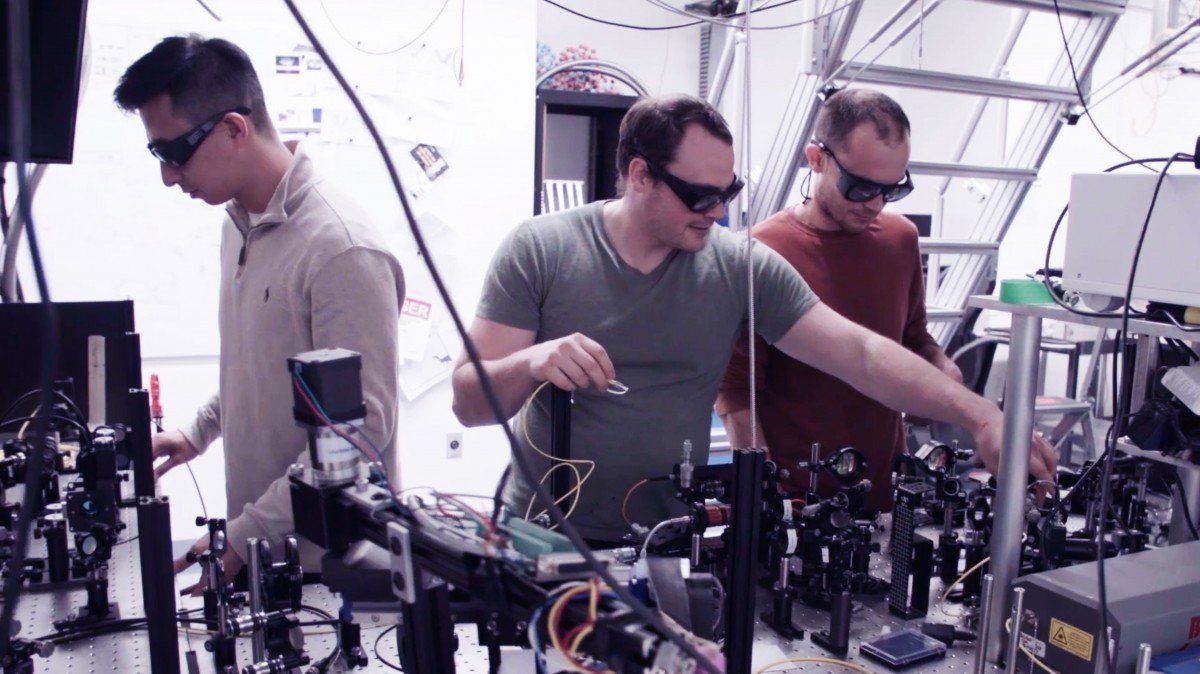

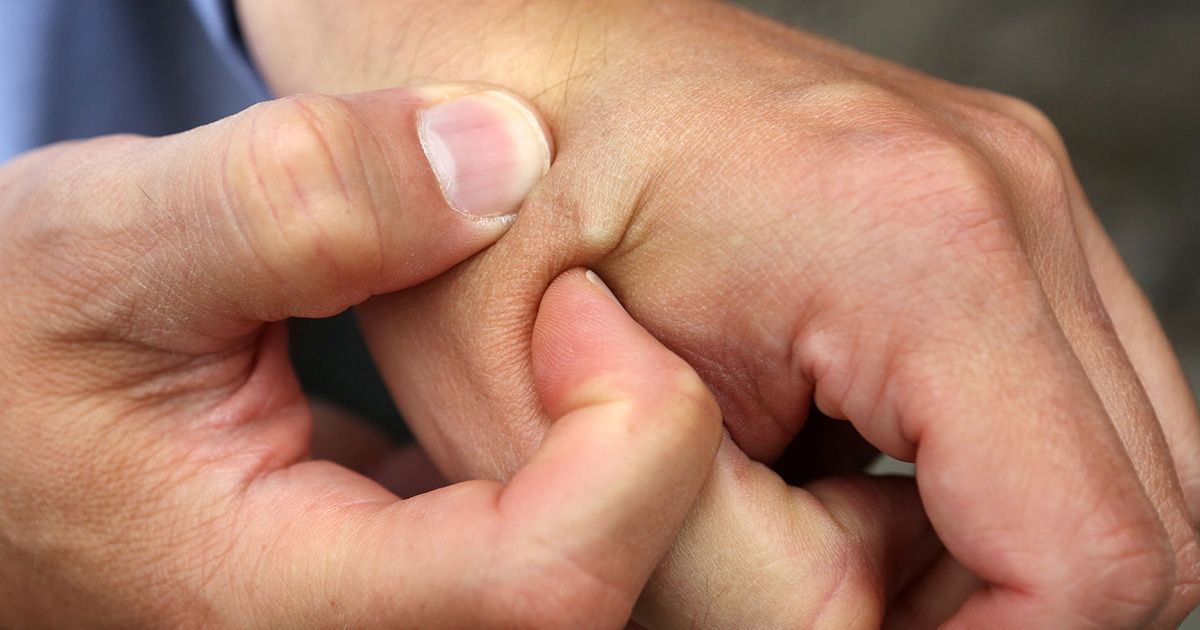
Biohacking raises a host of ethical issues, particularly about data protection and cybersecurity as virtually every tech gadget risks being hacked or manipulated. And implants can even become cyberweapons, with the potential to send malicious links to others. “You can switch off and put away an infected smartphone, but you can’t do that with an implant,” says Friedemann Ebelt, an activist with Digitalcourage, a German data privacy and internet rights group.
Patrick Kramer sticks a needle into a customer’s hand and injects a microchip the size of a grain of rice under the skin. “You’re now a cyborg,” he says after plastering a Band-Aid on the small wound between Guilherme Geronimo’s thumb and index finger. The 34-year-old Brazilian plans to use the chip, similar to those implanted in millions of cats, dogs, and livestock, to unlock doors and store a digital business card.
Kramer is chief executive officer of Digiwell, a Hamburg startup in what aficionados call body hacking—digital technology inserted into people. Kramer says he’s implanted about 2,000 such chips in the past 18 months, and he has three in his own hands: to open his office door, store medical data, and share his contact information. Digiwell is one of a handful of companies offering similar services, and biohacking advocates estimate there are about 100,000 cyborgs worldwide. “The question isn’t ‘Do you have a microchip?’ ” Kramer says. “It’s more like, ‘How many?’ We’ve entered the mainstream.”
Research house Gartner Inc. identified do-it-yourself biohacking as one of five technology trends—others include artificial intelligence and blockchain—with the potential to disrupt businesses. The human augmentation market, which includes implants as well as bionic limbs and fledgling computer-brain connections, will grow more than tenfold, to $2.3 billion, by 2025, as industries as diverse as health care, defense, sports, and manufacturing adopt such technologies, researcher OG Analysis predicts. “We’re only at the beginning of this trend,” says Oliver Bendel, a professor at the University of Applied Sciences & Arts Northwestern Switzerland who specializes in machine ethics.
